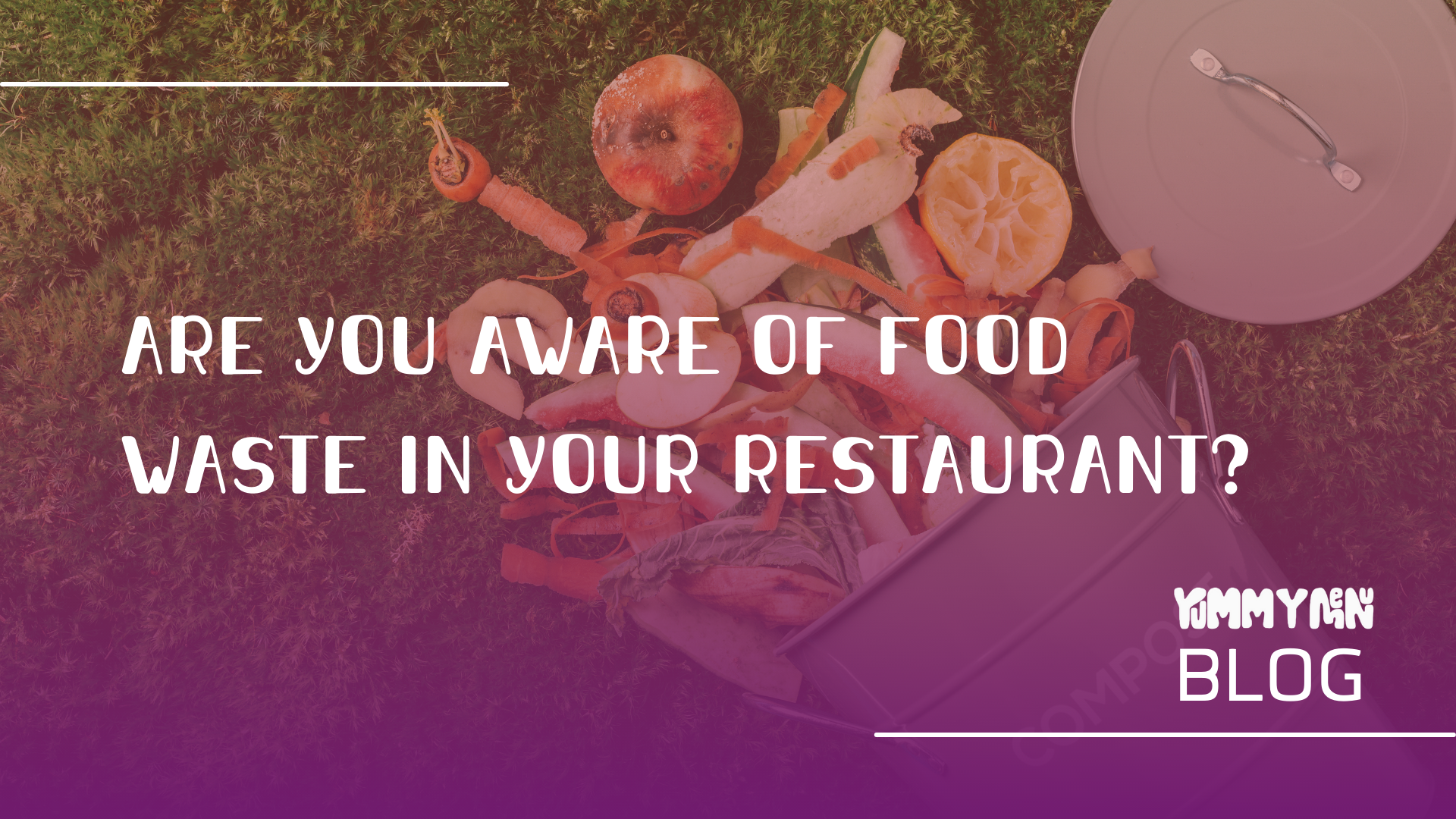
Are You Aware of Food Waste in Your Restaurant?
In the foodservice industry, managing food waste is a critical challenge that requires attention and action. According to the Food and Agriculture Organization (FAO) of the United Nations, roughly one-third of the food produced globally for human consumption is lost or wasted each year. In a restaurant setting, this issue is particularly significant, as the preparation, serving, and disposal of food generate substantial amounts of waste. In this blog post, we will explore the importance of addressing food waste in your restaurant and provide practical tips to reduce waste and promote sustainability.
The Consequences of Food Waste
-
Environmental Impact: Food waste contributes to environmental degradation in multiple ways. When food decomposes in landfills, it releases methane, a potent greenhouse gas that contributes to climate change. Additionally, wasted resources such as water, energy, and agricultural land are used in producing, processing, and transporting food that ultimately goes to waste.
-
Economic Loss: Food waste has a direct financial impact on restaurants. Unused ingredients, spoiled produce, and improperly portioned meals result in lost revenue. Moreover, the costs associated with waste disposal and increased purchasing to compensate for inefficient inventory management can significantly affect a restaurant's profitability.
-
Ethical Considerations: In a world where millions of people suffer from hunger and food insecurity, wasting food is ethically troubling. Restaurants have a social responsibility to minimize waste and contribute to food redistribution efforts that support local communities and reduce inequality.
Tips to Reduce Food Waste in Your Restaurant
-
Accurate Inventory Management: Implement a robust inventory management system to keep track of your ingredients, their expiration dates, and quantities. This helps in preventing overordering, spoilage, and unnecessary waste.
-
Menu Planning and Portion Control: Design your menu with careful consideration of ingredient usage and portion sizes. Optimize recipes to minimize waste, repurpose surplus ingredients creatively, and offer flexible portion options to cater to different customer preferences.
-
Staff Training and Awareness: Educate your staff about the importance of reducing food waste and provide training on proper food handling, storage, and portioning techniques. Encourage them to report inefficiencies or suggestions for waste reduction.
-
Donation and Redistribution: Establish partnerships with local food banks, shelters, or non-profit organizations to donate surplus food that is safe for consumption. Ensure compliance with food safety regulations and establish protocols for safe food handling during the donation process.
-
Implement Sustainable Practices: Embrace sustainable initiatives such as composting organic waste, using biodegradable or recyclable packaging materials, and promoting reusable options for takeout and delivery.
-
Engage Customers: Raise awareness among your customers about your commitment to reducing food waste. Encourage them to order responsibly, offer customizable portion sizes, and provide information on the environmental and social benefits of waste reduction.
Monitoring Progress and Continuous Improvement
Regularly track and analyze your food waste data to identify patterns and areas for improvement. Set measurable goals to reduce waste over time, such as decreasing waste by a certain percentage or increasing the amount of food donated. Involve your staff in brainstorming solutions and implementing innovative ideas to further enhance waste reduction efforts.
As a restaurant owner or manager, taking proactive steps to address food waste is not only beneficial for the environment but also for your business's bottom line and social responsibility. By implementing effective inventory management, menu planning, staff training, and sustainable practices, you can significantly reduce food waste and contribute to a more sustainable future. Embrace the challenge of combating food waste in your restaurant, and together, let's make a positive impact on our planet and society.
